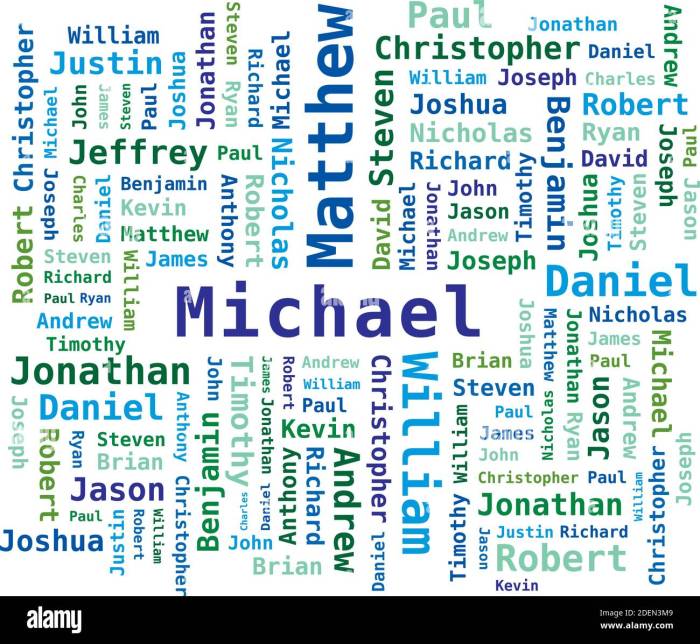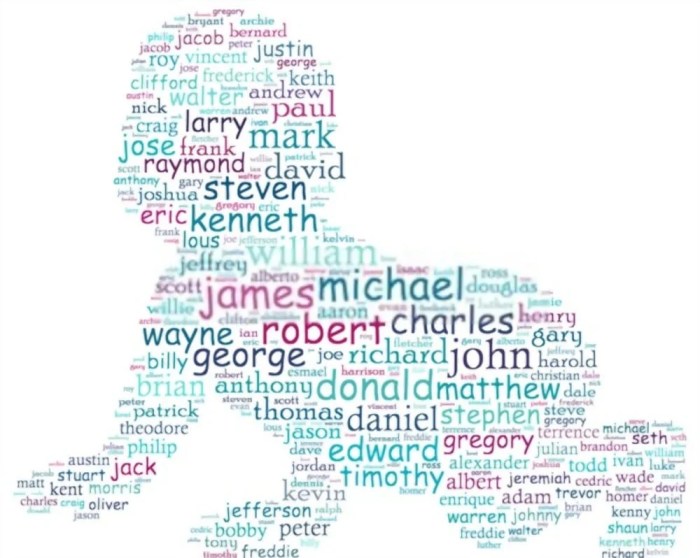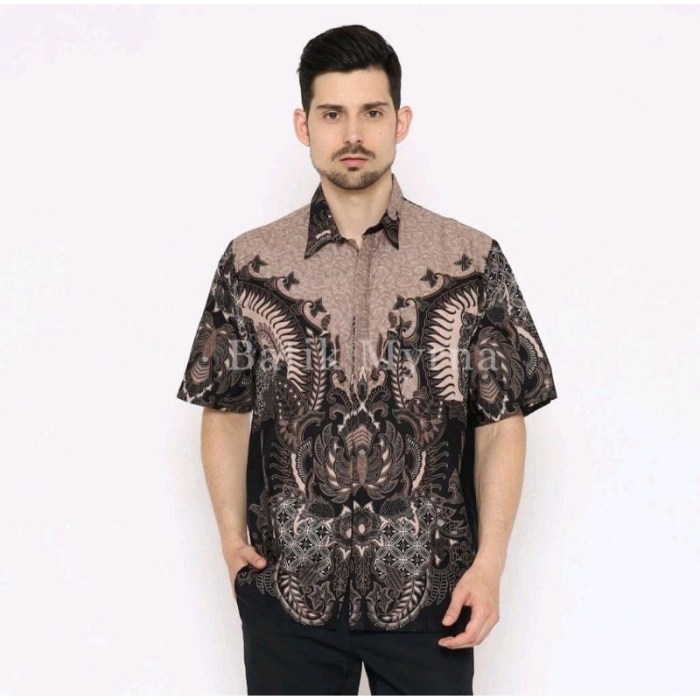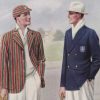Old Fashioned Mens Names A Timeless Exploration
Old Fashioned Men’s Names: A Timeless Appeal
Old fashioned mens names – The names we bear carry weight; they echo through generations, shaping our identities and leaving lasting impressions. Old-fashioned names, often associated with a bygone era, hold a unique charm, resonating with nostalgia and a sense of classic elegance. This exploration delves into the world of these names, examining their origins, cultural impact, and enduring appeal in contemporary society.
Defining “Old Fashioned” Men’s Names
Defining what constitutes an “old-fashioned” name is inherently subjective, relying on perceived trends in naming practices. Generally, a name is considered old-fashioned if its peak popularity occurred significantly earlier than the present day, often predating the latter half of the 20th century. The following table categorizes some examples by their decade of peak popularity in the United States, based on Social Security Administration data.
Note that popularity fluctuates and these are broad generalizations.
Old-fashioned men’s names, like Reginald or Archibald, often evoke a sense of bygone eras. Understanding the prevalence of these names requires exploring the broader context of men’s history and fashion, a fascinating subject well-documented on sites like men history fashion. The styles and societal norms reflected in clothing choices often mirrored the naming conventions of the time, providing a rich tapestry of historical insight into the lives of men bearing these classic names.
| 1920s | 1930s | 1940s | 1950s |
|---|---|---|---|
| Arthur | Robert | James | David |
| Clarence | Richard | John | Michael |
| Walter | William | Robert | William |
| Edward | Joseph | David | Richard |
The popularity of these names during their respective eras often reflects prevailing cultural and societal trends. For instance, the 1920s saw a preference for names evoking strength and tradition, while the 1950s favored names that were both classic and approachable. Perceptions of these names have evolved over time; some have retained their classic appeal, while others have acquired connotations of being outdated or even stuffy.
This shift is influenced by factors such as media portrayals and changing generational preferences.
Name Origins and Meanings
The etymological roots of old-fashioned names often reveal fascinating historical connections and cultural significance. Examining these origins provides a deeper understanding of the names’ enduring appeal.
Arthur: Derived from the Arthurian legends, Arthur is of Celtic origin, meaning “bear man” or “stone man.” Its association with chivalry and heroism has contributed to its enduring popularity.
Edward: Of Old English origin, Edward means “rich guardian” or “wealthy protector.” Its royal connections, as it has been the name of several English kings, add to its regal aura.
William: Meaning “resolute protector” or “determined protector,” William is of Germanic origin. Its strong, masculine connotation has made it a consistently popular name throughout history.
Robert: A classic name of Germanic origin, Robert means “bright fame” or “famous brilliance.” Its simplicity and strong meaning have contributed to its widespread use.
James: Of Hebrew origin, James means “supplanter” or “he who follows.” Its biblical connections and enduring popularity across various cultures solidify its timeless quality.
Comparing names like “William,” “Will,” and “Wilfred,” we see variations on a similar theme. While “William” is the most common and established, “Will” is a common shortening, and “Wilfred” adds another layer of meaning (“peaceful counsel”). These names share a Germanic origin but offer different stylistic options.
Old Fashioned Names in Popular Culture
Old-fashioned names frequently appear in movies, television shows, and songs, often contributing significantly to a character’s portrayal or a song’s lyrical message.
In the television series “Mad Men,” the character Roger Sterling embodies the sophisticated charm often associated with names like Roger. Similarly, Atticus Finch in “To Kill a Mockingbird” showcases the strength and integrity often linked to names such as Atticus. The name Walter White in “Breaking Bad” offers a stark contrast, highlighting how a seemingly traditional name can be associated with a complex and morally ambiguous character.
Songs referencing old-fashioned names often utilize them to evoke a specific era or emotional tone. Further research into song lyrics would provide specific examples and analysis.
The use of old-fashioned names in contemporary media often reflects a cyclical trend in naming preferences, sometimes used for ironic effect or to establish a character’s background. The choice often serves to highlight the contrast between tradition and modernity.
The Resurgence of Old Fashioned Names

Source: alamy.com
Recent years have witnessed a renewed interest in old-fashioned names, driven by a variety of factors.
- Arthur: The enduring appeal of the Arthurian legends and its strong, classic sound contribute to Arthur’s resurgence.
- Henry: Its classic and sophisticated feel, combined with its relatively short and easy-to-pronounce nature, makes it attractive to modern parents.
- Theodore: Often shortened to “Theo” or “Teddy,” Theodore offers a classic feel with modern versatility.
- Charles: A timeless and elegant name with a strong historical presence, Charles offers a sense of tradition without being overly antiquated.
- Frederick: Often shortened to “Fred” or “Rick,” Frederick offers a blend of classic and contemporary appeal.
Modern Variations and Nicknames

Source: lookafterbabies.com
Old-fashioned names are frequently adapted and shortened in modern usage, reflecting the evolution of naming trends.
- William – Will, Billy, Liam
- Robert – Rob, Bobby, Bert
- Edward – Ed, Eddie, Ned
- Arthur – Art, Artie
- Charles – Charlie, Chuck
Nicknames associated with old-fashioned names often add a layer of informality and personalization. For example, “Billy” for William conveys a sense of friendliness and approachability, while “Chuck” for Charles might suggest a more rugged and informal personality. The impact of nicknames can significantly alter the overall perception of a name, adding a unique dimension to its identity.
Geographical Distribution of Old Fashioned Names, Old fashioned mens names

Source: susercontent.com
The popularity of old-fashioned names often varies geographically, reflecting regional cultural preferences and historical influences.
For instance, names like William might remain more common in certain regions of the United States or the United Kingdom due to historical settlement patterns and established naming traditions. Similarly, some names might be more prevalent in specific countries due to cultural or religious factors. Regional variations often highlight the diverse influences that shape naming practices.
A hypothetical map visualizing the geographical distribution of three names—William, Robert, and James—would show varying concentrations of these names across different regions. For example, William might show higher concentrations in areas with a strong history of British settlement, while Robert and James might be more widespread, reflecting their broader historical usage. The map would illustrate the regional nuances in name popularity, highlighting the interplay between history, culture, and geography.
Expert Answers: Old Fashioned Mens Names
Are old-fashioned names always formal?
Not necessarily. While some evoke formality, many old-fashioned names can be quite versatile, fitting both formal and informal settings depending on usage and context.
How can I choose an old-fashioned name that feels modern?
Consider names with less common variations or those that have a pleasing sound without being overly antiquated. Pairing them with modern middle names can also create a unique, contemporary feel.
Do old-fashioned names have negative connotations?
Not inherently. However, perceptions can be subjective and influenced by cultural associations. Some names might carry outdated stereotypes, while others maintain a timeless charm.
Are there any resources to help me research old-fashioned names?
Yes, many online databases and baby name websites offer detailed information on name origins, meanings, and historical popularity, allowing for thorough research.













